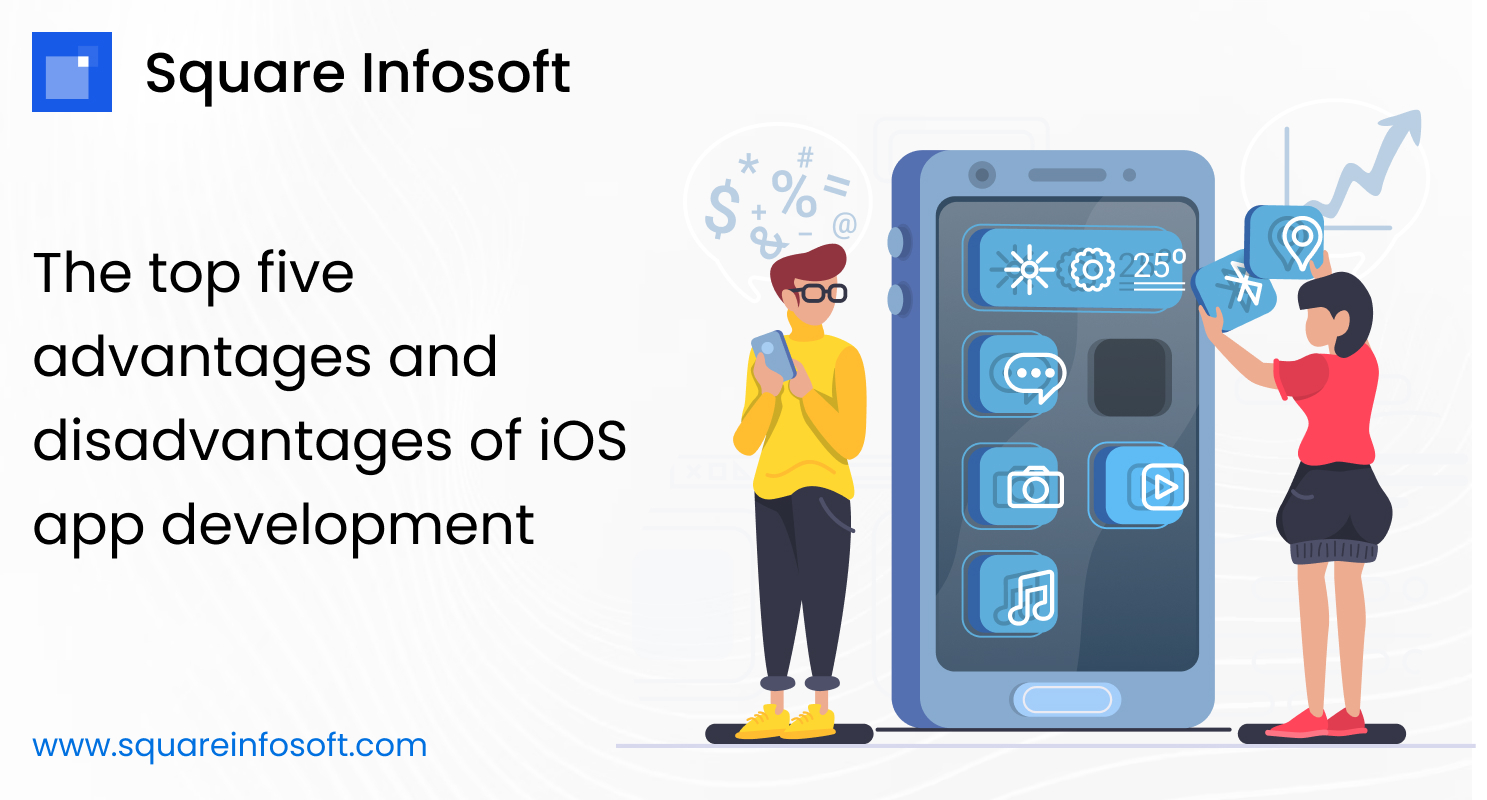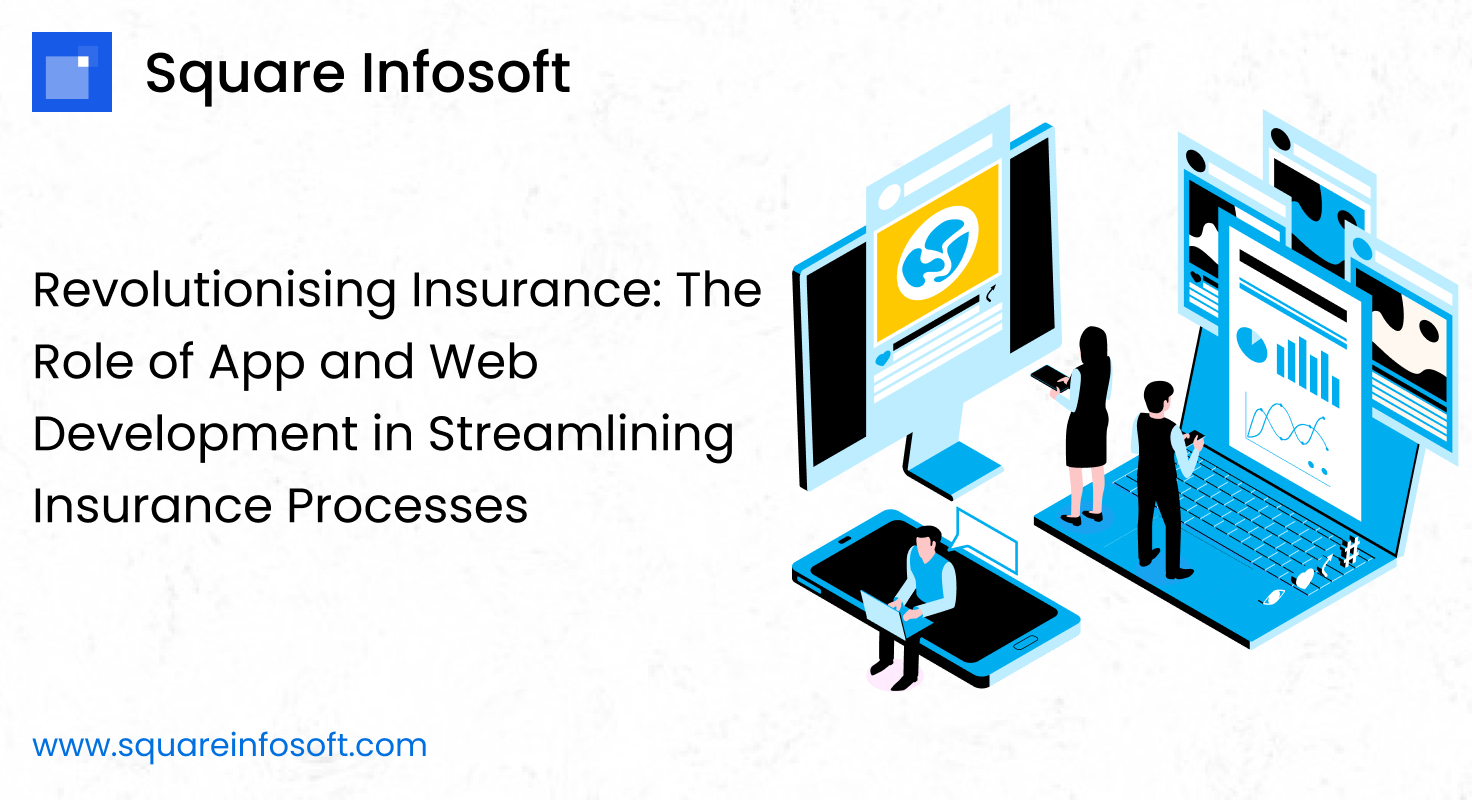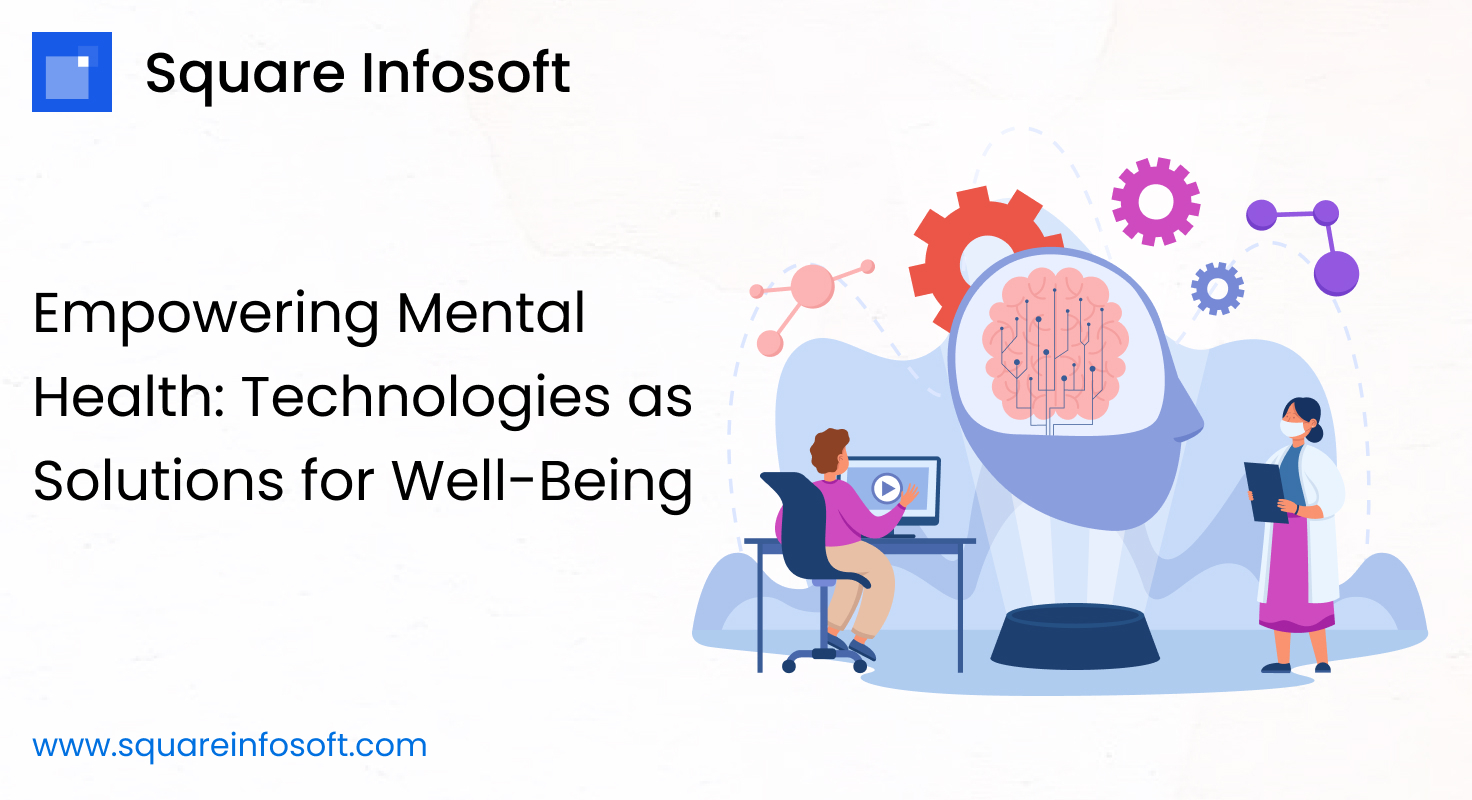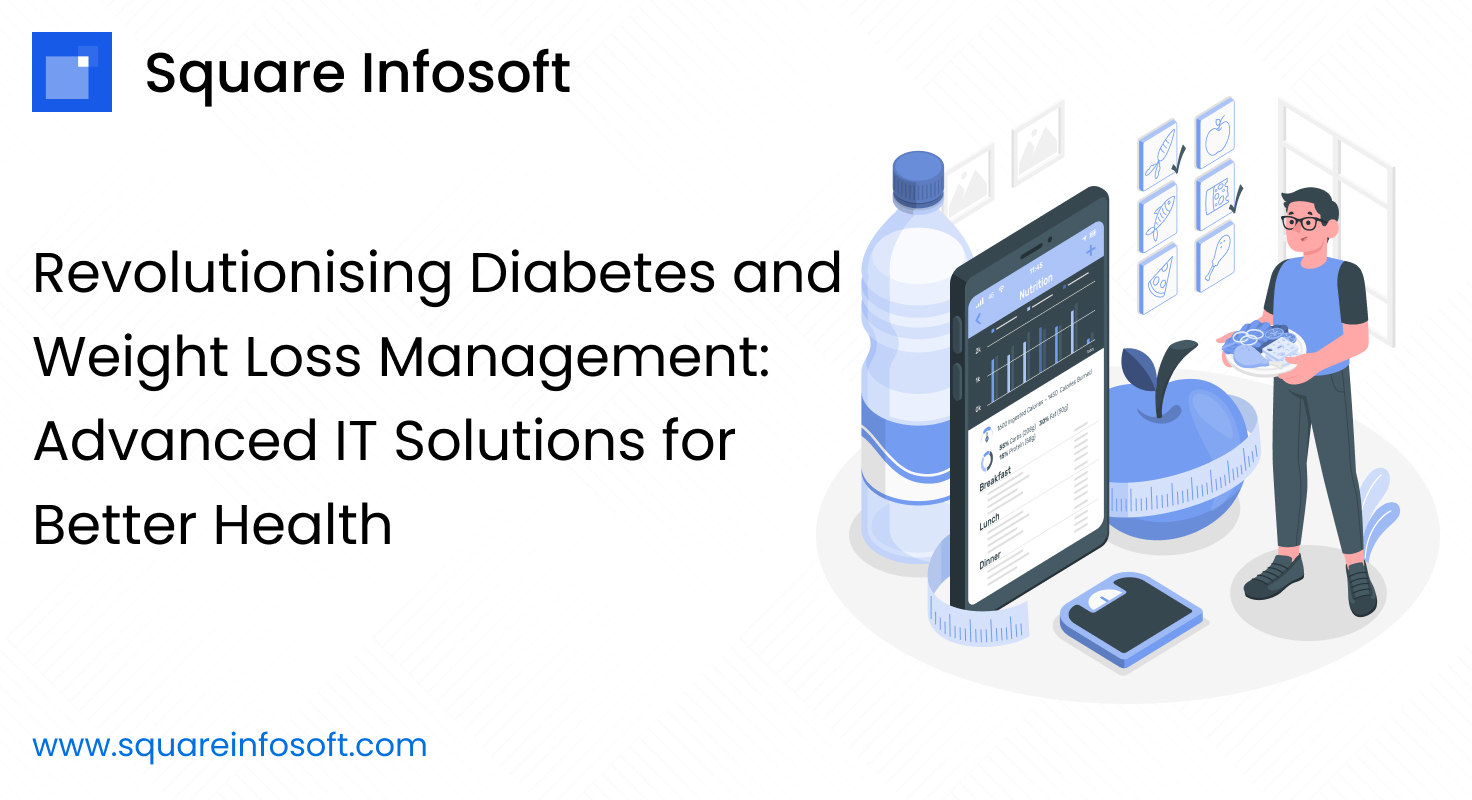Advantages of iOS App Development:
- High Revenue Potential: iOS users are known to spend more on apps compared to Android users, making iOS app development lucrative for developers.
- Market Stability: The iOS ecosystem is relatively stable, with a smaller number of device models and operating system versions to support. This can simplify development and testing processes.
- Enhanced User Experience: iOS devices are known for their high-quality hardware and intuitive user interface, providing a seamless and consistent user experience across devices.
- Strong Security: Apple has strict guidelines and a rigorous app review process, resulting in a more secure environment for users. This can help protect user data and prevent malware.
- Better Monetization Options: Apple’s App Store offers various monetization options such as paid apps, in-app purchases, and subscriptions, providing developers with opportunities to generate revenue.
- High Revenue Potential: One of the most significant advantages of iOS app development is its high revenue potential. iOS users tend to spend more on apps compared to Android users, making the iOS platform lucrative for developers. This higher willingness to pay can translate into increased revenue and profitability for iOS apps, especially those offering premium features or services.
- Market Stability: The iOS ecosystem is known for its stability, with a smaller number of device models and operating system versions to support compared to Android. This stability simplifies the development and testing processes for iOS apps, as developers can focus on optimizing their apps for a more uniform and predictable environment. Additionally, Apple’s strict control over hardware and software updates helps ensure consistency and reliability across iOS devices.
- Enhanced User Experience: iOS devices are renowned for their high-quality hardware and intuitive user interface, providing users with a seamless and consistent experience across devices. The cohesive design language, fluid animations, and smooth performance contribute to an exceptional user experience that is highly valued by iOS users. Developers can leverage Apple’s design guidelines and best practices to create visually appealing and user-friendly apps that resonate with their target audience.
- Strong Security: Security is a top priority for Apple, and the company has implemented robust measures to protect user data and prevent security breaches. The App Store review process, stringent app guidelines, and strict privacy policies help maintain a secure environment for iOS users. As a result, iOS apps are generally perceived as more secure and trustworthy compared to their Android counterparts, which can enhance user trust and confidence in iOS apps.
- Better Monetization Options: The Apple App Store offers various monetization options for developers, including paid apps, in-app purchases, subscriptions, and advertising. This diverse range of monetization models provides developers with flexibility in generating revenue from their apps. Additionally, Apple’s ecosystem of premium users and high-quality apps creates opportunities for developers to attract paying customers and maximize their earnings.
Disadvantages of iOS App Development:
- Limited Market Share: Although iOS has a significant market presence, it has a smaller market share compared to Android. Developing exclusively for iOS means potentially reaching a smaller audience.
- Stringent App Store Guidelines: Apple enforces strict guidelines for app submissions, which can lead to longer approval times and a risk of rejection if the guidelines are not followed precisely.
- Higher Development Costs: iOS app development often requires using Apple’s proprietary programming language, Swift, and development tools that are exclusive to Apple’s ecosystem. This can lead to higher development costs compared to cross-platform development.
- Device Fragmentation: While iOS has fewer device models to target compared to Android, there are still multiple iPhone and iPad models with varying screen sizes and resolutions. Ensuring optimal app performance across all devices can be a challenge.
- Limited Customization: iOS imposes certain limitations on customization options for developers. This can restrict the creative freedom of developers who want to create highly customizable and personalized experiences.
- Limited Market Share: Despite its high revenue potential, iOS has a smaller market share compared to Android. Developing exclusively for iOS means potentially reaching a smaller audience, especially in emerging markets where Android dominates. Developers need to weigh the trade-off between market share and revenue potential when deciding whether to prioritize iOS app development.
- Stringent App Store Guidelines: Apple enforces strict guidelines for app submissions, which can lead to longer approval times and a risk of rejection if the guidelines are not followed precisely. The stringent review process aims to maintain quality and security standards in the App Store but can be frustrating for developers who encounter delays or rejections. Developers need to carefully review Apple’s guidelines and ensure compliance to avoid issues during the submission process.
- Higher Development Costs: iOS app development often requires using Apple’s proprietary programming language, Swift, and development tools that are exclusive to Apple’s ecosystem. This can lead to higher development costs compared to cross-platform development, as developers may need to invest in specialized skills and tools specific to iOS development. Additionally, the cost of acquiring and maintaining Apple hardware for development purposes can further add to the expenses.
- Device Fragmentation: While iOS has fewer device models to target compared to Android, there are still multiple iPhone and iPad models with varying screen sizes and resolutions. Ensuring optimal app performance and compatibility across all devices can be a challenge for developers, especially when dealing with legacy devices or supporting the latest features introduced in newer models. Developers need to conduct thorough testing and optimization to deliver a consistent experience across the iOS device ecosystem.
- Limited Customization: iOS imposes certain limitations on customization options for developers, particularly in terms of user interface design and system-level access. This can restrict the creative freedom of developers who want to create highly customizable and personalized experiences for their apps. While Apple’s design guidelines ensure consistency and usability, they may limit the ability to implement unique or innovative design elements that deviate from the standard iOS aesthetic.
Conclusion to the advantages and disadvantages of iOS App Development:
iOS app development offers several distinct advantages and disadvantages that developers need to carefully consider before embarking on a project. The platform’s high revenue potential, market stability, enhanced user experience, strong security measures, and diverse monetization options make it an attractive choice for many developers. However, these benefits come with trade-offs, including limited market share, stringent app store guidelines, higher development costs, device fragmentation, and limited customization options.
Despite these challenges, iOS app development remains a lucrative opportunity for developers, especially for those targeting a premium user base willing to spend more on high-quality apps and services. By understanding the platform’s strengths and weaknesses and aligning development strategies with user preferences and market trends, developers can maximize their chances of success in the competitive iOS app market.
Ultimately, the decision to pursue iOS app development should be based on a thorough assessment of project requirements, target audience demographics, budget considerations, and long-term business goals. By weighing the advantages and disadvantages carefully and adopting a strategic approach to development, developers can create compelling iOS apps that resonate with users, drive engagement, and generate sustainable revenue streams.




